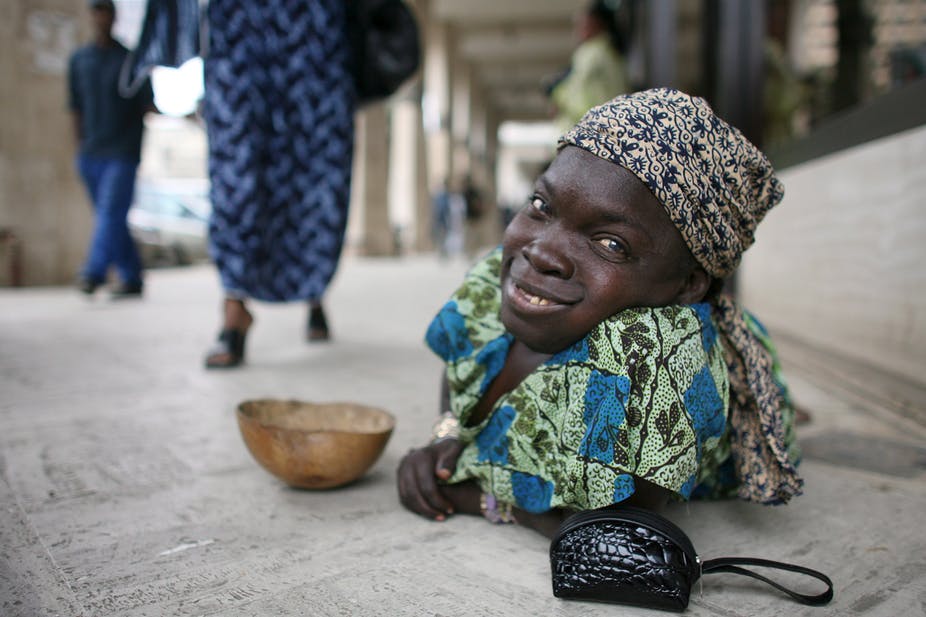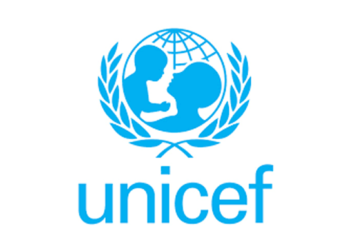In a bid to put an end to polio in Nigeria, Rotary International has donated $ 5.7 million (about N 2.1 billion) to the Nigerian government to support its fight against the disease.

According to a press statement made available to PREMIUM TIMES on Friday, the donation was handed over to the UNICEF Country Representative Nigeria, Pernille Ironside.
Speaking during the occasion which took place in Abuja on April 11, the Minister of Health, Isaac Adewole, commended Rotary International for the donation.
Mr Adewole said, “Nigeria is on its last lap to end polio. In the next couple of months, Nigeria would be certified polio-free.”
The minister, however, said “the most important thing is that all children that were previously inaccessible in the North-east must access vaccinations before the certification”.
He commended National Primary Health Care Development Agency (NPHCDA) for its routine immunisation scheme.
Rotary International is one of the development partners who have been working on the eradication of the disease in Nigeria.
Speaking about the donation, the Chairman Polio Plus Committee, Rotary international, Tunji Funsho, said that polio eradication is an expensive venture “that requires everybody to be on board.”.
“This donation would inspire other partners to come on board and support the Nigeria government. We, in polio plus committee are reaching more and more children, more and more areas that are hitherto not accessible particularly with the support of the military.”
Mrs Ironside said the donation was to complement the government’s effort on polio eradication in Nigeria.
She said UNICEF hopes Nigeria will be certified as polio free country soon.
“Being the most populous country in Africa, if Nigeria succeeds, others would succeed,” she said.Nigeria is one of only three countries in the world endemic to wild polio virus, alongside Afghanistan and Pakistan.
Efforts at successfully eradicating the disease in Nigeria suffered a set back in 2016, when cases of wild polio virus were reported in two children.
According to World Health Organisation (WHO), the two children were paralysed in July 2016 by polio.
Wild polio virus was detected in one of them, living in the Gwoza district of Borno State.
Before the incident, Nigeria had been on the verge of being certified polio free.
The set back led the government and international health partners go back to the field in a rigourous search for polio cases and also to improve polio vaccination across the country.








